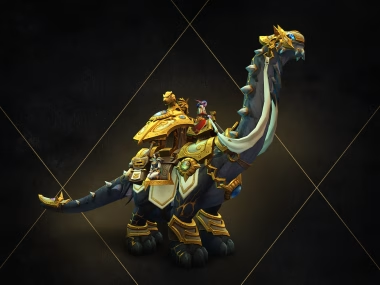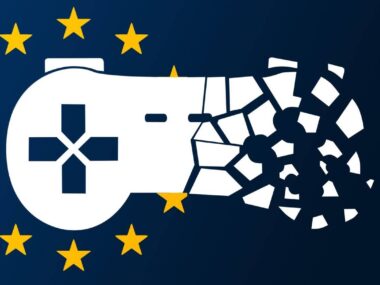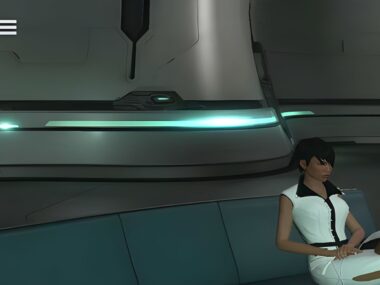What Actually Leaked?
Let’s start with the facts. Two internal slides from Subnautica 2’s milestone review leaked to the public. Krafton has confirmed they’re real. These documents criticize the current state of the game, saying it lacks content, polish, and the kind of innovation players expect from a sequel.
In simpler terms: Krafton thinks the game isn’t ready. Unknown Worlds reportedly thinks it is.
This leak isn’t just a peek behind the curtain. It’s part of a much bigger financial and legal fight between Krafton (the owner) and Unknown Worlds (the developer). These slides are almost certainly going to show up in court if the situation escalates.
Let’s Clear Something Up: The $500 Million Wasn’t a Game Budget
It’s easy to get confused about the numbers here, so let’s make this part clear right away:
Krafton paid $500 million to acquire Unknown Worlds as a studio. That wasn’t a development budget for Subnautica 2. It was a full buyout. People, IP, technology, the works.
That said, $500 million is still relevant to this conversation because it sets the tone for the entire relationship. When a publisher invests that kind of money, they’re not buying indie charm. They’re buying control. They expect results.
When Subnautica 2 misses its Early Access target, questions start to pile up. Early Access was supposed to happen in 2024. It’s now mid-2025. The game is late. Krafton has been vocal about why.
Why Krafton Is Pushing for More Content (And Why That Matters)
Krafton has made their position clear: they want a higher-quality, more complete launch for Subnautica 2. In their words, they “owe our players nothing less than the best possible game, as soon as possible.”
From a business standpoint, that’s reasonable. Subnautica isn’t just an indie project anymore. It’s a global franchise. Krafton has every incentive to protect the brand and avoid negative headlines about an unfinished sequel.
This is also about milestones and money. Unknown Worlds is eligible for a $250 million bonus payout if they hit certain revenue goals by the end of 2025. But those goals are based on overall company revenue, not just Subnautica 2’s development schedule.
That creates a problem: with the game delayed into 2026, Unknown Worlds probably won’t make the deadline. That bonus is now at serious risk.
Moonbreaker: The Unspoken Factor
Here’s where Moonbreaker comes in.
If Unknown Worlds had gone straight from Subnautica 1 to Subnautica 2, this would be a different story. But they didn’t. They made Moonbreaker first, and it flopped.
Moonbreaker sold around 56,000 copies and made about $1.2 million in gross revenue. It never reached 1,000 concurrent players on Steam. That’s a rounding error compared to what they needed.
This matters because the $250 million bonus wasn’t just about Subnautica 2. It was about total revenue. Krafton structured the bonus deal assuming Moonbreaker would be part of that equation. When it failed, Subnautica 2 became the make-or-break title.
To be fair, Krafton isn’t directly blaming Moonbreaker in the current dispute. The financial pressure it created is part of the bigger picture.
The Reddit Defense… Might Actually Help Krafton
One of the most common defenses from the Subnautica community is,
“Well, the first game launched in Early Access with barely any content, and it turned out fine.”
That’s true, for 2014.
The first Subnautica had a barebones Early Access launch, but it also wasn’t owned by a $500 million corporation back then. Unknown Worlds could take their time, build the game with community feedback, and add content slowly over years.
When you’re part of a corporate acquisition, the stakes are different. There’s no patience for a four-year drip feed of updates when half a billion dollars are on the line. Krafton isn’t just trying to release a playable build. They’re trying to release a commercially viable product that can hit revenue targets now, not four years from now.
When players defend minimal Early Access content, it unintentionally strengthens Krafton’s argument. Krafton is pushing for a faster, more polished path to full release because that’s what their investment demands.
Who Actually Decides When a Game Is Ready?
This is the core of the issue: Who gets to decide when a game is ready for Early Access?
- The developers?
- The players?
- The publisher?
At the end of the day, it’s the owner who makes that call. Krafton owns Unknown Worlds now. That means Krafton decides when Subnautica 2 is ready, not just the developers, and not the community.
Unknown Worlds can say they’re ready all they want. When a corporation buys your studio, they’re not just buying your codebase. They’re buying decision-making power.
Is Krafton Wrong to Delay?
Some fans are accusing Krafton of being greedy or interfering creatively. From Krafton’s point of view, delaying the game makes sense if it’s not ready. They’ve said publicly they don’t want to release something that “fails to meet the expectations of players and the Asian market.”
They also have no reason to rush Subnautica 2 out the door if it means triggering a $250 million bonus they might not want to pay.
Let’s be honest: whether or not the delay is strategic, it’s certainly convenient for Krafton. The later Subnautica 2 launches, the harder it becomes for Unknown Worlds to hit the 2025 revenue deadline. That bonus starts to fade away the longer this drags on.
The Bigger Picture
This isn’t just about Subnautica 2. It’s about the culture clash between indie game development and corporate ownership.
Early Access used to be about small teams sharing raw ideas with the community, building something special together over time. But when you add billion-dollar market pressures and shareholder expectations, the process changes.
That leads to the real question: Can Early Access survive once corporate money takes over?
Or will it become just another pre-launch monetization strategy dressed up as community involvement?
The Subnautica 2 leak isn’t just about a late game or a missing bonus check. It’s about the reality of modern game development: Once a studio is acquired, the final say doesn’t belong to the developers anymore. It belongs to the people who paid for the keys.
IIn this case, those people aren’t interested in another slow-burn indie success story. They want a product that makes money. They want it now.






